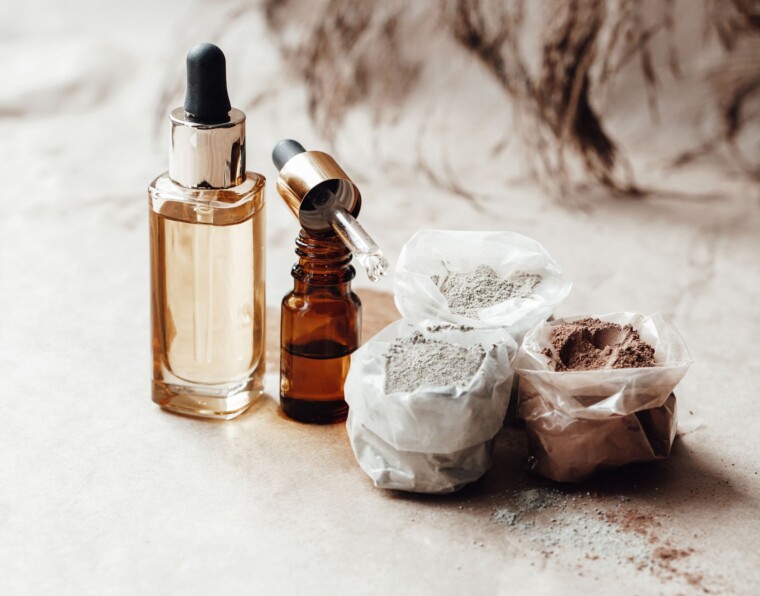As we age, our skin’s ability to stay hydrated and retain its elasticity and plumpness decreases, resulting in aging and dry skin. Women and skincare lovers should understand the connection between aging and dry skin, how to prevent it, and ways to treat it.
What is Aging Skin?
Aging skin is characterized by a lack of moisture, dryness, and wrinkles. It is caused by a natural decline in the body’s production of collagen, elastin, and other important substances that keep skin looking youthful. Over time, the skin loses its natural ability to retain moisture and hydrate itself, resulting in flaking, dullness, and a generally aged appearance.
Common Signs of Aging Skin
The most common signs of aging skin include wrinkles, sagging skin, age spots, and dryness. Skin may also become more sensitive or irritated. When skin is dry, deeper wrinkles and fine lines tend to be more pronounced, and the skin may appear duller and less radiant.
Causes of Aging Skin
Aging skin is caused by a combination of genetic, environmental, hormonal, and lifestyle factors.
Genetics: Genetics play a major role in skin aging. Some people are born with naturally better skin than others, and this can affect how their skin ages over time.
Environment: Exposure to environmental elements such as the sun, wind, and pollution can cause damage to the skin and result in premature aging.
Hormones: Hormonal changes can lead to dryness and wrinkles, as the body’s production of collagen and elastin slows down.
Lifestyle: Smoking and alcohol consumption can also contribute to skin aging, as they deprive the skin of essential nutrients and oxygen.
How to Prevent Aging Skin
The best way to prevent aging skin is to take care of your skin on a daily basis. Here are some tips for preventing aging skin:
Moisturize Regularly: Moisturizing the skin helps to protect and retain moisture, which can help reduce the appearance of wrinkles and fine lines.
Wear Sunscreen: Wearing sunscreen every day can help protect the skin from the damaging effects of the sun, which cause premature aging.
Avoid Smoking and Alcohol: Smoking and drinking alcohol deprive the skin of essential nutrients and oxygen, which can accelerate the aging process.
Eat a Balanced Diet: Eating a balanced diet that is rich in antioxidants can help protect the skin from the effects of aging.
Exercise Regularly: Exercise can help keep the skin looking youthful and vibrant by increasing blood flow and oxygen to the skin.
How to Treat Aging Skin
While it is impossible to completely reverse the signs of aging skin, there are a number of treatments that can help reduce the appearance of wrinkles and fine lines. Here are some of the most common treatments for aging skin:
Retinoids: Retinoids are derived from vitamin A and help to reduce wrinkles and age spots by increasing the production of collagen and elastin.
Peptides: Peptides help to boost the production of collagen and elastin, reducing the appearance of wrinkles and fine lines.
Hyaluronic Acid: Hyaluronic acid helps to draw moisture into the skin, resulting in a more hydrated and plumper appearance.
Vitamin C Exfoliants: Vitamin C exfoliants help to remove dead skin cells and reveal brighter, younger-looking skin.
Facial Treatments: Facial treatments such as microdermabrasion and chemical peels can help to reduce the appearance of wrinkles and fine lines.
Aging and Dry Skin: Conclusion
Understanding the connection between aging and dry skin is essential for women and skincare lovers. To prevent aging skin, it is important to moisturize regularly, wear sunscreen, avoid smoking and alcohol, eat a balanced diet, and exercise regularly. There are also a variety of treatments that can help reduce the appearance of wrinkles and fine lines, such as retinoids, peptides, hyaluronic acid, vitamin C exfoliants, and facial treatments. With the right care and treatments, aging and dry skin can be kept looking youthful and radiant.
FAQ
1) Does dry skin age faster?
Dry skin can age faster than skin with adequate moisture, as lack of hydration can lead to wrinkles and other signs of aging. Dehydration reduces the skin’s ability to protect itself against environmental stressors, leading to premature aging. Additionally, dry skin is more susceptible to the damaging effects of sun exposure and other environmental factors, which can cause wrinkles and other signs of aging.
2) Does your skin get dry as you age?
Yes, as you age, your skin can become drier. As we age, our skin’s natural oil production slows down, which can lead to dryness. Also, environmental factors such as sun exposure, wind, and air pollution can strip your skin of moisture, leading to dryness.
3) Does dry skin make you look older?
Yes, lack of moisture can make your skin look older. Dry skin can make wrinkles and other signs of aging more visible, as the skin is not protected by enough moisture. Additionally, dry skin can lead to flaking and roughness, making your face look aged.
4) At what age skin starts aging?
Skin aging is a natural process that begins in our 20s. As we age, our skin produces less collagen and elastin, which are proteins that support the skin’s structure and help keep it looking youthful. Additionally, environmental factors such as sun exposure, smoking, and stress can speed up skin aging.




